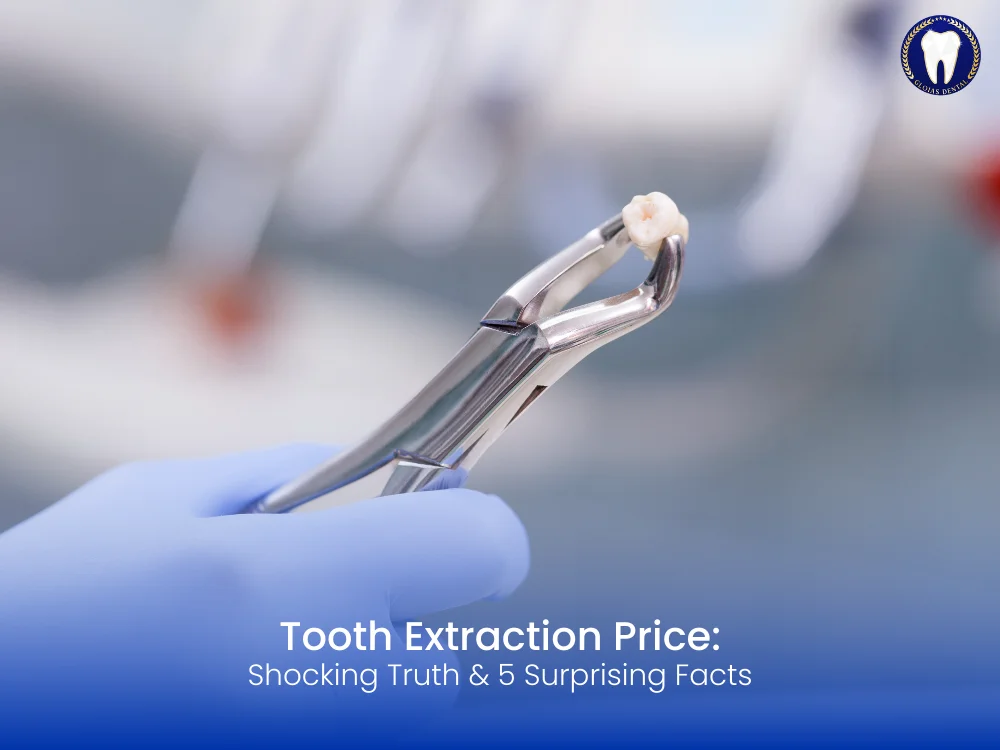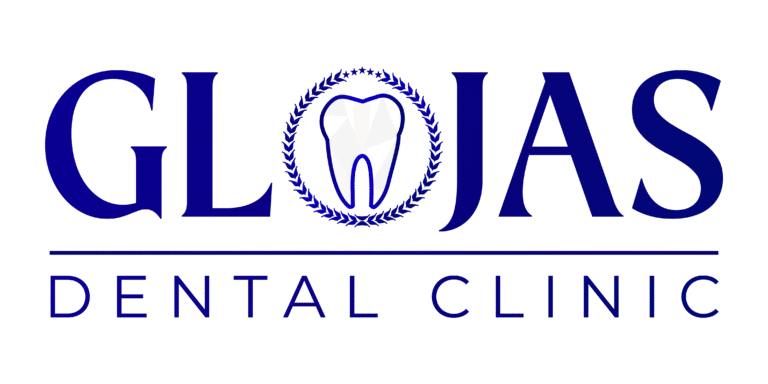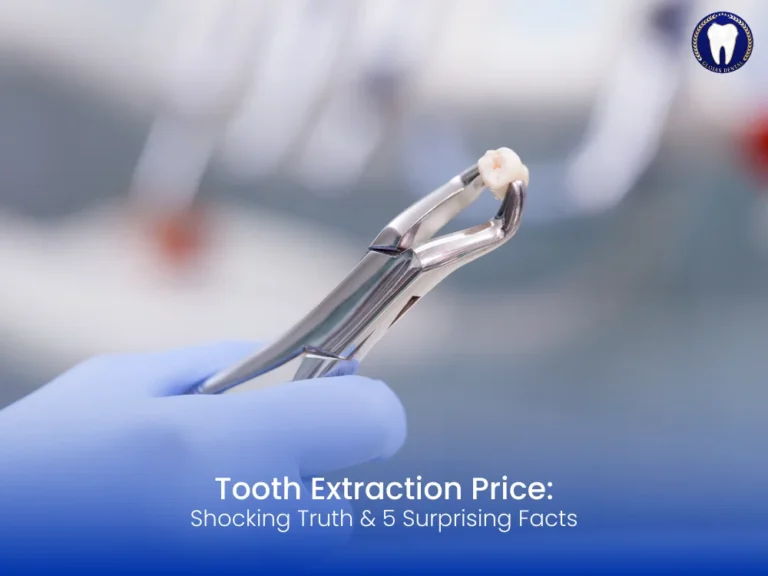Understanding tooth extraction price can be overwhelming—especially when you’re in pain and urgently need a dental solution. Whether it’s a wisdom tooth causing havoc or a decayed molar, extractions are common, but the costs can vary widely. Factors like location, complexity, anesthesia, and insurance can all affect the final bill.
In this article, we break down everything you need to know about tooth extraction price, so you’re never caught off guard in the dental chair. From average costs to what influences them, and even ways to save—this guide has you covered.
What is a Tooth Extraction?
Tooth extraction is the removal of a tooth from its socket in the jawbone. It’s often the last resort when a tooth is severely decayed, damaged, or impacted. There are two main types:
- Simple Extractions: Done on visible teeth under local anesthesia.
- Surgical Extractions: Required for broken or impacted teeth, sometimes involving cutting into the gum.
Each type comes with its own tooth extraction price, with surgical procedures generally being more expensive.

Average Tooth Extraction Price in 2025
The tooth extraction price in 2025 varies depending on the complexity of the procedure and geographical location.
Type of Extraction | Estimated Price (USD) |
Simple Extraction | $75 – $300 |
Surgical Extraction | $150 – $650 |
Wisdom Tooth Extraction | $225 – $800 per tooth |
Impacted Tooth Removal | $350 – $1,000+ |
These prices may or may not include the cost of X-rays, anesthesia, or aftercare, so it’s important to ask for a full estimate.
Factors That Influence Tooth Extraction Price
Several factors influence how much you’ll pay for a tooth extraction:
Geographic Location
Urban dental clinics in major cities typically charge more due to higher overhead costs. Rural areas may offer more affordable prices.
Type of Tooth
Molars and wisdom teeth are harder to extract and often require surgical removal, increasing the price.
Complexity of Procedure
If the tooth is impacted or broken below the gum line, expect a higher cost.
Dental Insurance
Coverage can reduce your out-of-pocket expense, sometimes covering up to 80% of the cost for medically necessary extractions.
Sedation and Anesthesia
Local anesthesia is usually included, but sedation (like nitrous oxide or IV sedation) comes with additional fees.
Is Tooth Extraction Covered by Insurance?
Most dental insurance plans cover tooth extractions, especially if they are medically necessary. However, elective extractions or cosmetic removals may not be fully covered. You might still be responsible for co-pays, deductibles, and other fees. Always verify with your insurance provider to understand what portion of the tooth extraction price you’ll need to pay.
How to Reduce Tooth Extraction Price
If the price tag is too high, don’t worry—there are ways to make it more manageable.
Dental Schools
Dental schools often provide quality services at a fraction of the cost, supervised by licensed professionals.
Payment Plans
Many dentists offer financing options or installment plans to ease the burden.
Discount Dental Plans
Unlike insurance, these plans offer discounts on procedures in exchange for a yearly fee.
Shop Around
Get estimates from multiple providers to find the most competitive rate.
Tooth Extraction Price Without Insurance
If you don’t have dental insurance, you’ll likely pay full price. That means:
- Simple Extraction: Around $100 – $300
- Surgical Extraction: Could climb to $600 or more
Be sure to ask if consultation, X-rays, and medication are included in the quote. Otherwise, the total tooth extraction price can rise quickly.
Additional Costs to Watch Out For
The base tooth extraction price may not include everything. Additional charges could include:
- Initial Consultation: $50–$150
- Dental X-rays: $25–$200
- Post-op Medications: $15–$50
- Follow-up Visits: $30–$100
Always request a breakdown of costs beforehand to avoid surprises.
Tooth Extraction vs. Root Canal: Cost Comparison
Sometimes, your dentist may give you a choice between saving the tooth (root canal) or extracting it. Here’s how they compare:
Procedure | Average Cost |
Tooth Extraction | $75 – $600 |
$500 – $1,200 |
While extraction is often cheaper upfront, remember that replacing the tooth later (e.g., with an implant or bridge) can be expensive.
Healing and Recovery Costs
Post-extraction recovery may require:
- Pain relievers
- Antibiotics
- Soft diet
- Rest days
While not direct tooth extraction price elements, they’re part of the full financial picture.
FAQs
1. What is the average tooth extraction price in the U.S.?
The average price ranges from $100 to $650 depending on the type of extraction and location.
2. Does insurance fully cover tooth extraction?
Not always. Most plans cover a portion, typically up to 80%, depending on your policy and reason for extraction.
3. Can I get a tooth pulled without insurance?
Yes, but you’ll pay the full cost, which ranges from $75 to over $600 per tooth.
4. Is it cheaper to get multiple teeth extracted at once?
Many clinics offer bundled pricing or a slight discount for multiple extractions done in one visit.
5. Why is surgical extraction more expensive?
Because it involves cutting, anesthesia, and often more time and resources than simple extractions.
6. Are wisdom teeth always more expensive to remove?
Yes, especially if they are impacted or require surgical removal.
Conclusion
Whether it’s due to decay, damage, or impacted wisdom teeth, knowing the tooth extraction price in advance can save you stress and unexpected expenses. Prices can vary significantly, but with proper planning, insurance, or discount options, you can manage costs effectively. Always consult with your dental provider for a full estimate, and don’t hesitate to explore multiple options to get the care you need without breaking the bank.


